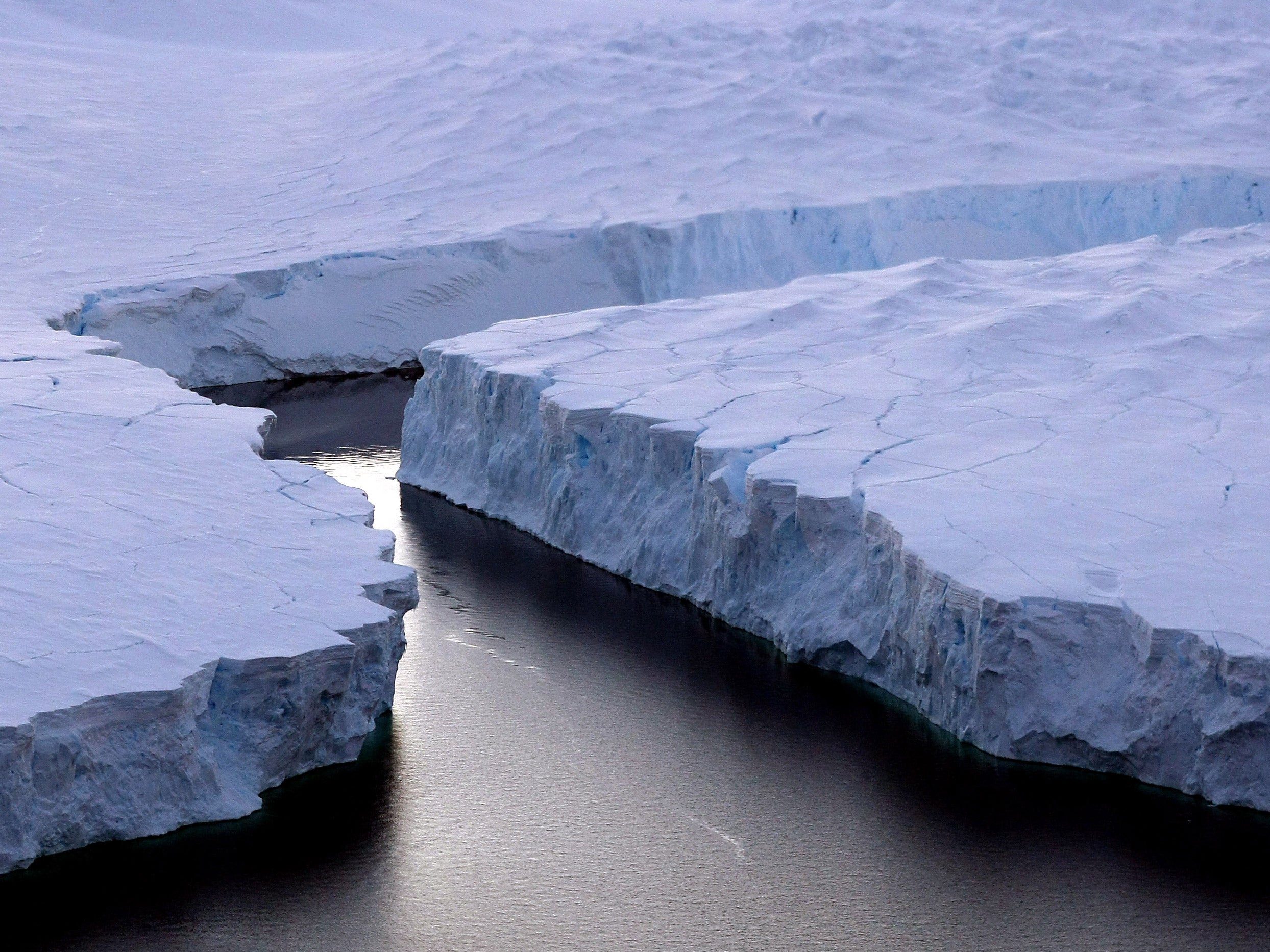Antarctic joy flights criticised for fuelling climate crisis with ‘zero gain’
Plane Talk: These Qantas flights shine a light on carbon offsetting

Your support helps us to tell the story
From reproductive rights to climate change to Big Tech, The Independent is on the ground when the story is developing. Whether it's investigating the financials of Elon Musk's pro-Trump PAC or producing our latest documentary, 'The A Word', which shines a light on the American women fighting for reproductive rights, we know how important it is to parse out the facts from the messaging.
At such a critical moment in US history, we need reporters on the ground. Your donation allows us to keep sending journalists to speak to both sides of the story.
The Independent is trusted by Americans across the entire political spectrum. And unlike many other quality news outlets, we choose not to lock Americans out of our reporting and analysis with paywalls. We believe quality journalism should be available to everyone, paid for by those who can afford it.
Your support makes all the difference.“It’s our mission to leave this pristine landscape the way we found it.”
A noble intention for every travel firm. But do they really mean it? As you may have read, the Boeing 787 jets that Qantas acquired for the London-Perth nonstop link, covering over 9,000 miles, are now reduced to operating day-trips to the weird and wonderful deep south.
No, not the intriguing island of Tasmania – even further, to Antarctica.
An Australian company that specialises in polar sightseeing trips, Antarctica Flights, has chartered Qantas jets to propel around 200 people towards the south pole, and then back to Australia, in around 13 hours.
The context for this venture: sightseeing flights from Australia to Antarctica have been operating for decades. Right now they are about the most exciting option for Australian travellers who find their borders are sealed.
“Every Antarctica Flight is carbon neutral,” claims the firm. “We are contributing to projects that not only provide positive benefits to the climate, but also achieve social and economic ‘co-benefits’.”
The company uses part of each passenger’s fare (top tickets cost a scorching A$7,999/£4,379) to buy “certified carbon credits”. These are said to be contributing to native reforestation in the Yarra Yarra Biodiversity Corridor in Western Australia.
Since these are strictly domestic flights that happen to travel to the end of the world, there are no red-tape problems. And the company seems confident there are no green-agenda issues either.
With offsetting in place, you can step aboard with a clear conscience. Or can you?
Not according to Flight Free UK. The director, Anna Hughes, says: “Most carbon-offsetting schemes have been shown to be ineffective in terms of their ability to absorb the necessary carbon, or they simply pay into existing schemes which don’t actually compensate for your flight.
“In addition, carbon-offset schemes often mean that people feel that they have dealt with the impact of their flight, so they continue to fly.
“The best way to offset carbon emissions is to not produce them in the first place.”
Until the coronavirus pandemic brought much of global aviation to a halt, the pressure group calculated there was not enough land space on earth to plant enough trees to make up for the prevailing level of flying.
That is also the view of Simon G, who tweeted within minutes of my original Antarctica flights story going online: “There’s non-essential air travel, then there’s non-essential air travel that allows you to view a place that’s being destroyed, whilst adding to its destruction, for absolutely zero gain.”
This enforced pause provides an opportunity to assess ways to reduce the damage to the planet created by aviation – a spectrum of harm extending from the noise and traffic around airports to the impact on climate.
I shall enthusiastically continue to espouse the benefits of aviation for humanity. They range from the relatively efficient transfer of wealth from richer countries to poorer nations that international tourism can bring, to the increase in understanding that connectivity provides.
But I shall continue to implore prospective passengers to make choices that will reduce (though never eliminate) the harm they cause: fly in basic economy class only, with minimal luggage, with airlines that fill their planes to 90 per cent or above.
Choose only the most modern and efficient aircraft. That includes the Boeing 787, but not if it is spending the day going around in circles (actually figures of eight) over Antarctica.
As Simon G wrote: “Rather than see it through a window, watch a documentary.” Even if that’s all you’ve been doing for months.
Join our commenting forum
Join thought-provoking conversations, follow other Independent readers and see their replies
Comments